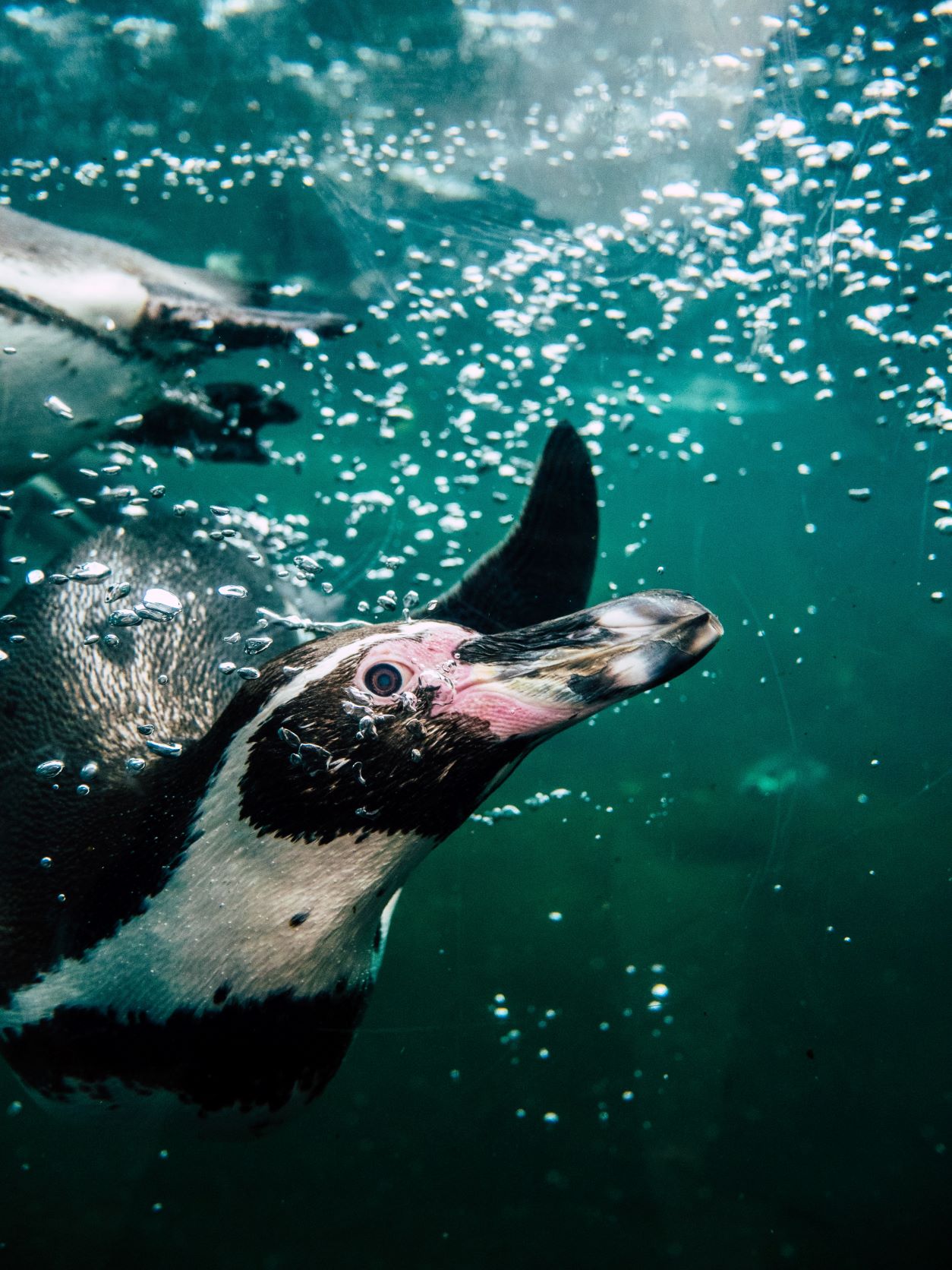
With only three of five potential marine sites to be rewilded, Sci&Tech Writer Amy Frith praises the ‘baby steps’, but urges for greater action.
Three new sites of highly protected marine areas (HPMAs) off the coast of the UK have just been designated for top environmental protection. The waters at Allonby Bay, Dolphin Head and North East of Farnes Deep will now be under the strictest protection, with fishing, mining and other harmful activities completely prohibited. This will hopefully represent an improvement in the protection of UK biodiversity, and aid in the fulfillment of the aim to ‘rewild’ the natural environment.
“Rewilding refers to the process of restoring an area to its original, uncultivated state
Rewilding refers to the process of restoring an area to its original, uncultivated state by reversing damaging anthropogenic threats through protection, and even the reintroduction of wild animal species. Such occurred in Kent in 2022, as part of the Wilder Blean project, with the keystone species bison reintroduced 12,000 years after their last presence in the area. This controversial method aimed to use the species as ‘engineers’ to return the landscape its undisturbed state and therefore improve biodiversity and ecosystem functions of the area, and it is off to a successful start.
The rewilding attempt HPMA designation creates is less immediate and drastic but should allow diverse and rare species – such as the squat lobster and the white-beaked dolphin at North East of Farnes Deep – to thrive and maintain steady populations that could otherwise be threatened by over-exploitation. This should enable important species interactions to be maintained, and marine habitats to recover from any prior damage.
“The UK joins a key global effort in aiming to protect 30% of global seas by 2030
Although this is a step forward for UK conservation efforts, many scientists and organisations have expressed disappointment towards the approach, with charity The Wildlife Trust “dismayed” that only three of a potential five sites have been given protected status in this rewilding effort. This belief was also reflected by a spokesperson for the Marine Conservation Society, who faulted the lack of ambition of such projects, which only represent “baby steps” in the battle to save UK seas from the many pressures they face. The UK joins a key global effort in aiming to protect 30% of global seas by 2030, with over 100 countries agreeing at the UN biodiversity summit towards such a target, but currently only approximately 8% of global marine protection has occurred. Although 38% of seas surrounding the British Isles are marine reserves by designation, exploitation and damage still occurs at many of these sites, undermining the success of such projects on paper.
While this recent rewilding and protection designation is undoubtedly a positive, it represents only a small part of the solution to such an increasingly complicated problem. Nonetheless, even “baby steps” are better than none in the fight to protect and save our seas. Any marine protection is an improvement, and hopefully, with continued advocacy and awareness, there is more to come.
Enjoyed This? Read more from Sci&Tech here!
Climate Questions: Should We Mine the Deep Sea?
Comments